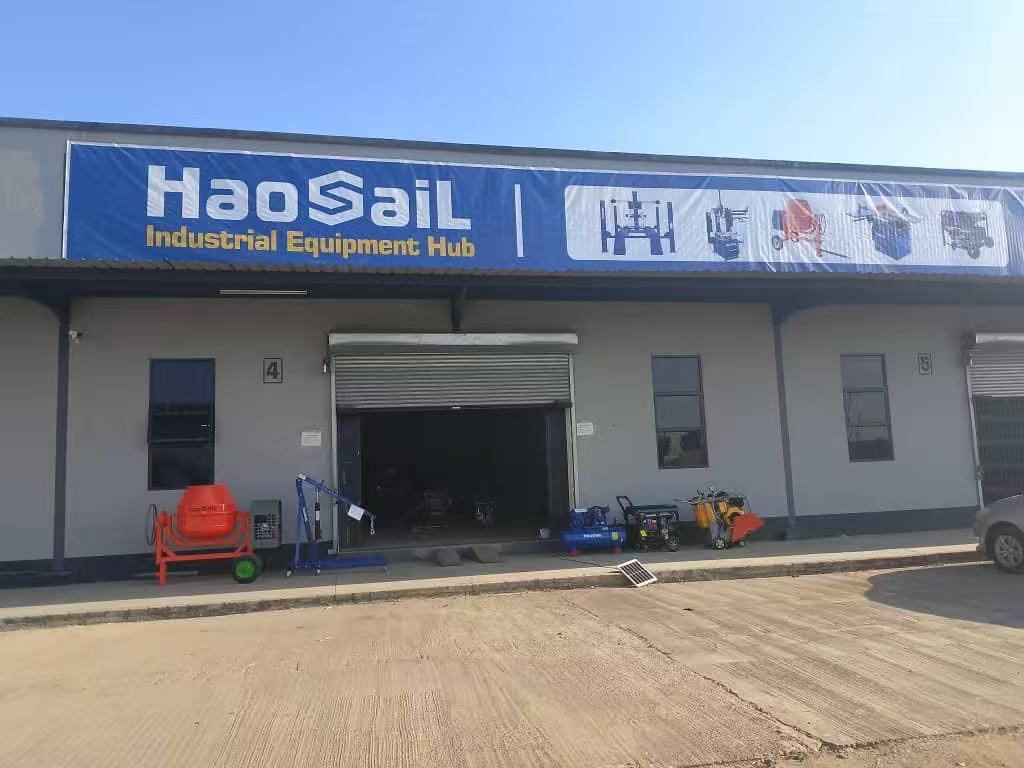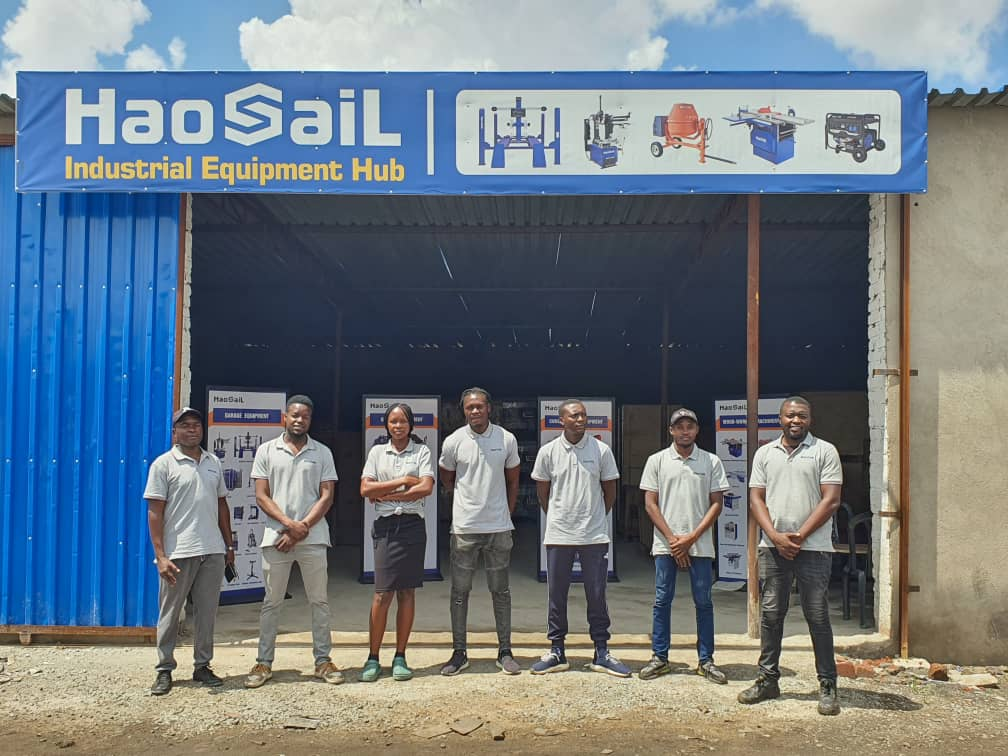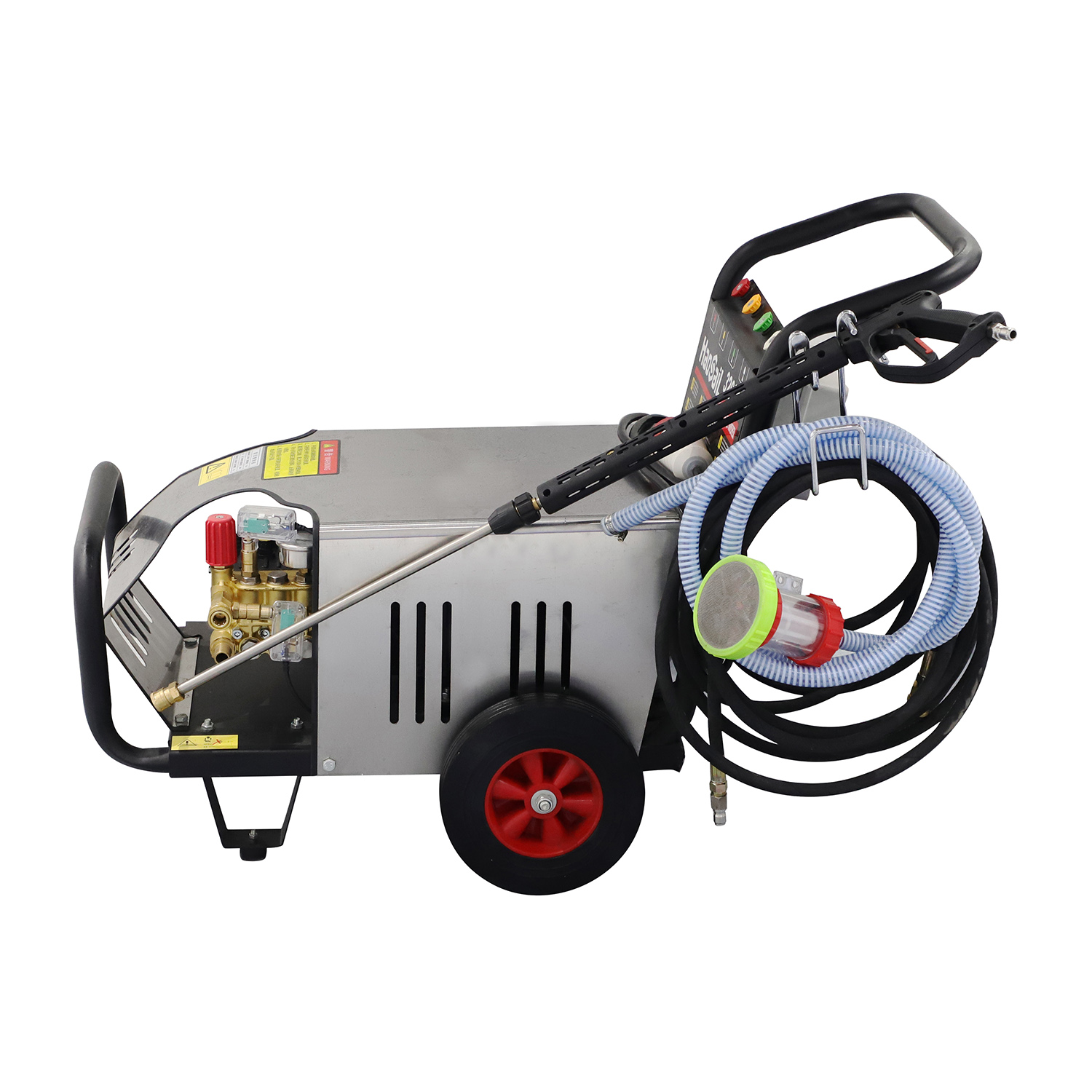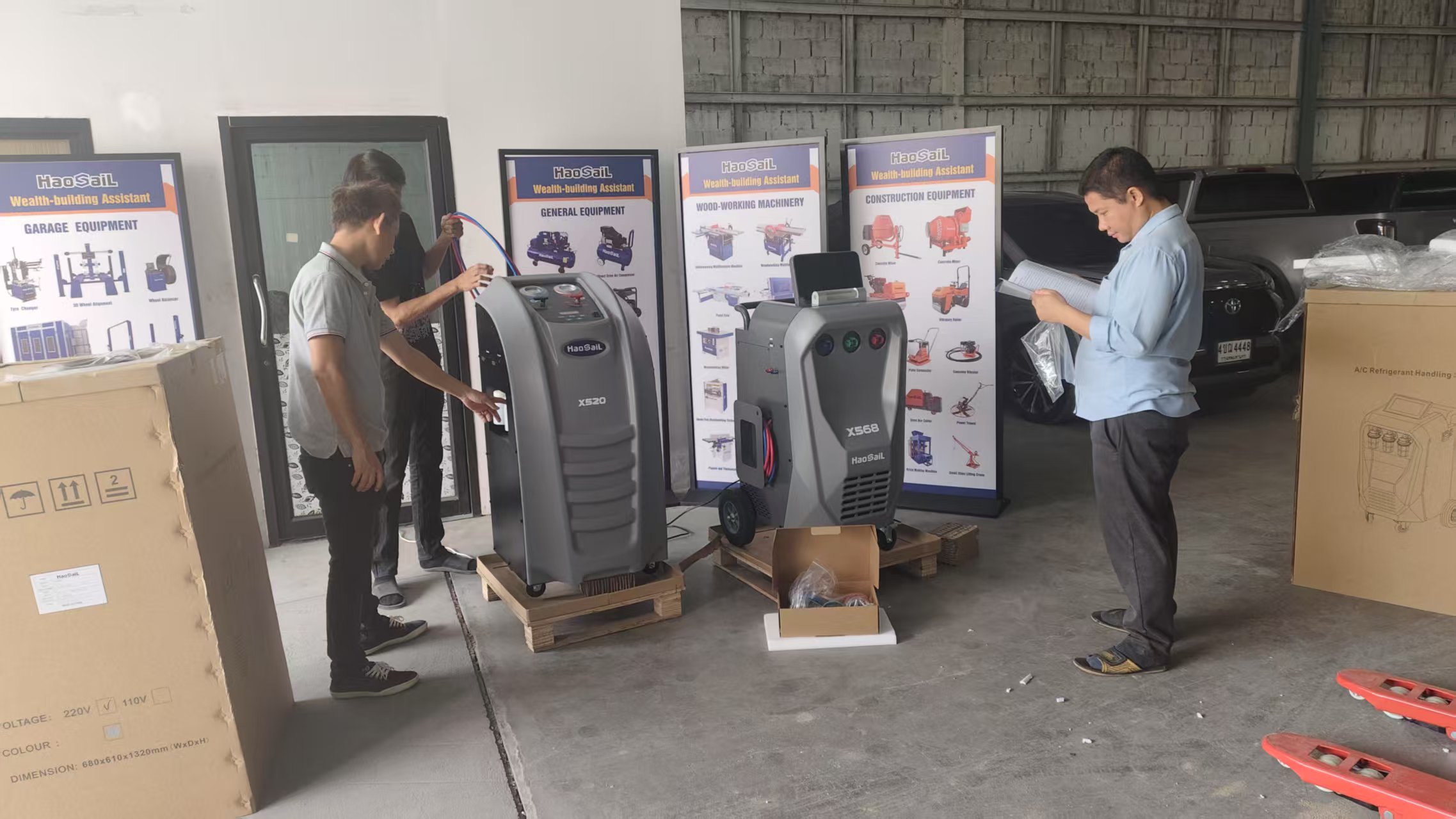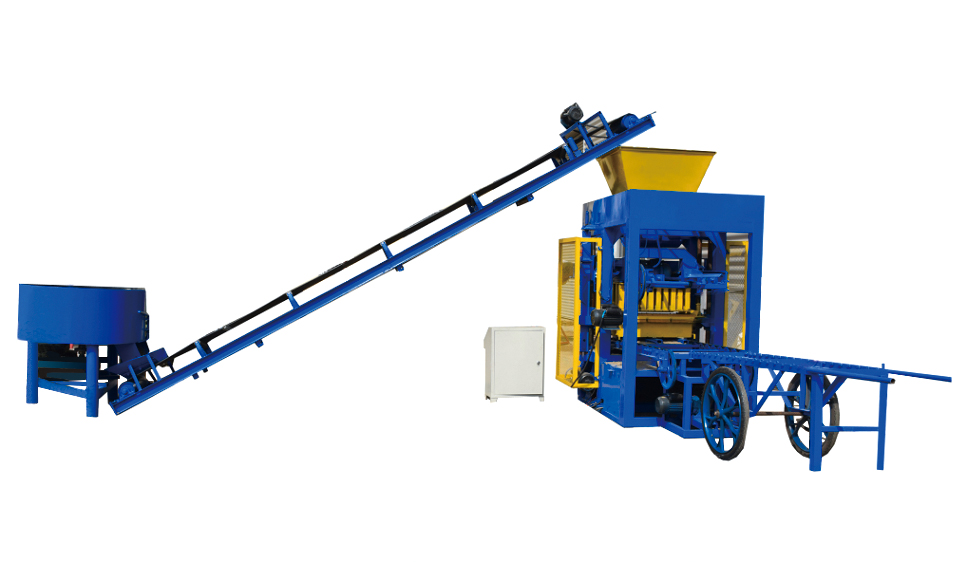 The block making machine has revolutionized construction by producing diverse brick types for various building needs. Understanding which brick formats suit specific applications helps businesses maximize their block making machine investments. This guide explores the most common brick types, their ideal usage scenarios, and the target customers for each variation.
1. Standard Concrete Blocks
Produced by nearly every block making machine, these 8"x8"x16" rectangular blocks serve as:
- Primary material for load-bearing walls
- Foundation construction elements
- Retaining wall components
Target Clients: General contractors, masonry companies, and DIY homebuilders purchase these versatile blocks in bulk from block making machine operators.
2. Hollow Blocks
Featuring internal voids that reduce weight while maintaining strength, these block making machine products excel in:
- Partition walls in commercial buildings
- Multi-story construction
- Thermal insulation applications
Market Focus: Architectural firms and green building specialists value these for their energy efficiency benefits.
3. Paving Stones
Specialized block making machine configurations produce these decorative, durable units for:
- Driveways and walkways
- Patio surfaces
- Urban landscaping projects
Ideal Buyers: Municipalities, landscape architects, and homeowners' associations represent prime markets.
4. Interlocking Blocks
Engineered with tongue-and-groove connections, these block making machine outputs enable:
- Mortar-less construction
- Earthquake-resistant structures
- Rapid assembly projects
The block making machine has revolutionized construction by producing diverse brick types for various building needs. Understanding which brick formats suit specific applications helps businesses maximize their block making machine investments. This guide explores the most common brick types, their ideal usage scenarios, and the target customers for each variation.
1. Standard Concrete Blocks
Produced by nearly every block making machine, these 8"x8"x16" rectangular blocks serve as:
- Primary material for load-bearing walls
- Foundation construction elements
- Retaining wall components
Target Clients: General contractors, masonry companies, and DIY homebuilders purchase these versatile blocks in bulk from block making machine operators.
2. Hollow Blocks
Featuring internal voids that reduce weight while maintaining strength, these block making machine products excel in:
- Partition walls in commercial buildings
- Multi-story construction
- Thermal insulation applications
Market Focus: Architectural firms and green building specialists value these for their energy efficiency benefits.
3. Paving Stones
Specialized block making machine configurations produce these decorative, durable units for:
- Driveways and walkways
- Patio surfaces
- Urban landscaping projects
Ideal Buyers: Municipalities, landscape architects, and homeowners' associations represent prime markets.
4. Interlocking Blocks
Engineered with tongue-and-groove connections, these block making machine outputs enable:
- Mortar-less construction
- Earthquake-resistant structures
- Rapid assembly projects
Key Customers: Disaster relief organizations and military engineers prioritize these innovative blocks
5. Lightweight Aerated Blocks
Produced by advanced block making machine systems using foaming agents, these offer:
- Superior thermal insulation
- Easy cutting/nailing
- Reduced structural loads
Target Industries: High-rise developers and cold climate builders particularly benefit from these specialty blocks.
6. Decorative Facade Blocks
With textured surfaces and colors, these block making machine products provide:
- Architectural detailing
- Historical building restoration
- Premium aesthetic finishes
Premium Market: Luxury home builders and heritage conservation projects drive demand.
7. Permeable Pavers
Designed for environmental applications, these block making machine creations facilitate:
- Stormwater management
- Sustainable urban drainage
- Eco-friendly parking lots
Growing Sector: Civil engineering firms and green infrastructure developers are expanding this niche.
Market Trends by Region
- Developing Countries: Standard and hollow blocks dominate block making machine output for affordable housing projects
- North America: Decorative and permeable products command premium pricing
- Europe: Energy-efficient aerated blocks represent over 40% of market share
- Middle East: Heat-resistant specialty blocks show increasing demand
Choosing the Right Block Making Machine
Manufacturers should select equipment based on:
1. Local construction preferences
2. Material availability (fly ash, aggregates)
3. Labor skill levels
4. Climate considerations
5. Regulatory requirements
Conclusion
The modern block making machine serves diverse construction sectors through adaptable brick production capabilities. By understanding regional preferences and specialized applications, manufacturers can optimize their product mix for maximum profitability. From basic building blocks to high-value architectural elements, today's block making machine technology meets virtually any construction need while creating opportunities across multiple market segments. Successful operators continually assess emerging trends to align their block making machine outputs with evolving industry demands.
